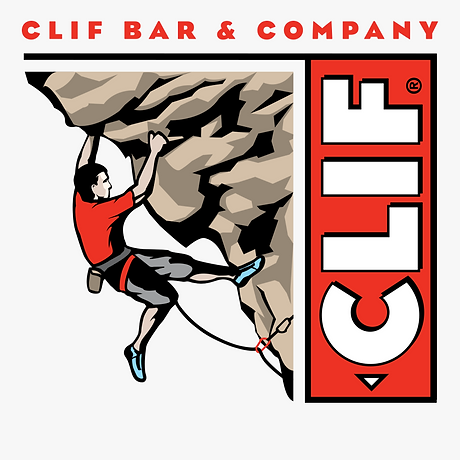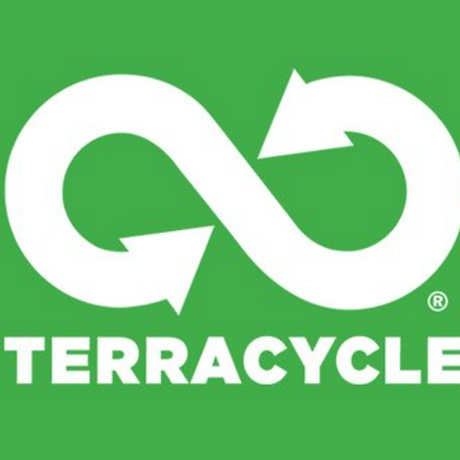Ecopreneurship

Ecopreneurship
is a term that represents the process of principles applied to create businesses that solve environmental problems or operate sustainably.
"Ecopreneurs are entrepreneurs whose business efforts are not only driven by profit, but also by a concern for the environment. Ecopreneurship, also known as environmental entrepreneurship and eco-capitalism, is becoming more widespread as a new market-based approach to identifying opportunities for improving environmental quality and capitalizing upon them in the private sector for profit. "
Merging Economic and Environmental Concerns Through Ecopreneurship, written by Gwyn Schuyle
Businesses That Have Gone Green
Businesses That Have Put Ecopreneurship In Action

Tesla
Tesla was founded in 2003. Tesla builds all-electric vehicles and are also into scalable clean energy generation and storage products. Tesla believes that “the faster the world stops relying on fossil fuels and moves towards a zero-emission future, the better.” While Tesla cars have made it stylish to go electric, Tesla's energy solutions--Powerwall, Powerpack, and Solar Roof-- enable businesses and homeowners to manage renewable energy generation, consumption, and storage. Tesla wants to make all their products accessible and affordable to all people which so as to accelerate the emergence of clean energy production and transport.

Patagonia
Patagonia considers itself an "activist company." Patagonia commits 1% of its total sales to environmental groups focused on sustainability and conservation through its One Percent for the Planet program. Patagonia’s self-imposed Earth tax, 1% for the Planet, provides support to nonprofits working to defend our planet’s air, land and water. In 2016, Patagonia took this initiative to the next level and pledged to contribute 100% of sales from Black Friday to environmental organizations which totaled about 10 million dollars.

Clif Bars
Clif Bar company has instituted policies to be more green-friendly. Clif works to create food with organic, sustainable ingredients. Not only are the ingredients made with renewable energy, but they are sent in in eco-friendly packaging and delivered by transportation that does not pollute. By switching to organic ingredients and eliminating shrink-wrap, Clif has already saved 90,000 pounds of plastic and $400,000 annually. To help reduce fuel consumption, Clif Bar also gives employees $6,500 to switch to biodiesel or hybrid cars. The company even offers employees up to $1,000 annually to make eco-improvement to their homes such as solar panel installation. In April 2009, Clif Bar joined Business for Innovative Climate and Energy Policy (BICEP) to help pass progressive climate and energy legislation. In 2015, Clif Bar along with other members of BICEP released a joint letter pledging to accelerate business action on climate change and urging governments to do the same. The Clif foundation offers grants each year for environment projects

TerraCycle
TerraCycle is a U.S. recycling business that is headquartered in Trenton, New Jersey. It primarily runs a volunteer-based recycling platform that collects non-recyclable pre-consumer and post-consumer waste. They then partner with corporate donors or municipalities to turn the waste into raw material that can be used in new products. The company licenses its name to manufacturers of roughly 200 products made using its raw material. TerraCycle offers a range of national, easy-to-use recycling platforms that give everyone the power to recycle.
“The environment is where we all meet; where we all have a mutual interest; it is the one thing all of us share”